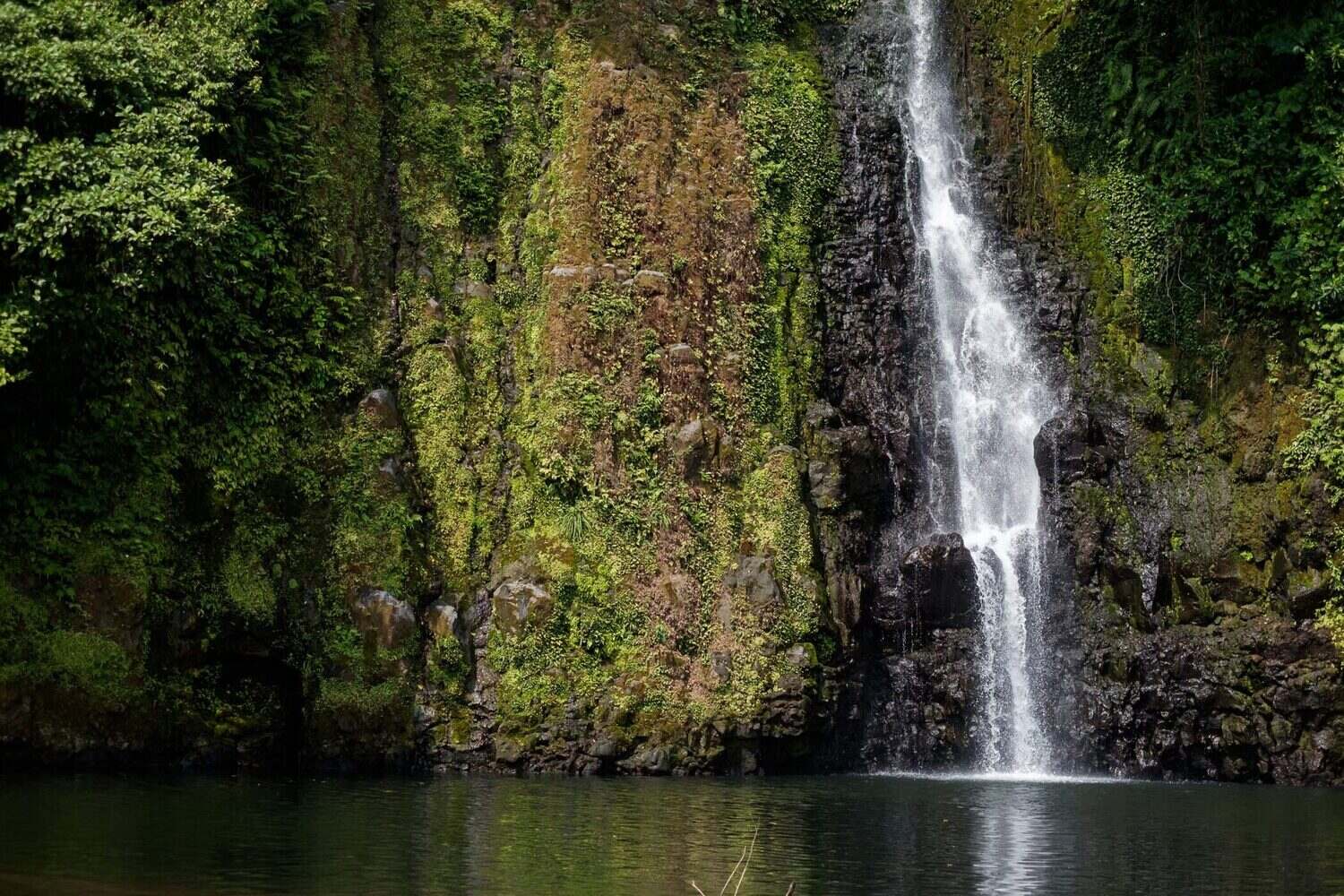
Equatorial Guinea, a small country on the west coast of Central Africa, often flies under the radar. But did you know it’s the only African nation where Spanish is the official language? Equatorial Guinea boasts a rich tapestry of cultures, languages, and history. From its lush rainforests to its bustling cities, this nation offers a unique blend of natural beauty and modern development. Malabo, the capital, sits on Bioko Island, an island teeming with biodiversity. Meanwhile, the mainland region, Río Muni, holds the majority of the population. Ready to learn more? Here are 15 intriguing facts about Equatorial Guinea that will surprise you!
Key Takeaways:
- Equatorial Guinea is the only African country where Spanish is the official language, and it has a rich history of colonialism and political changes. The country's culture is a blend of indigenous traditions and Spanish influences, and it celebrates its independence day on October 12 with vibrant music and dance.
- Despite its oil wealth, Equatorial Guinea faces economic inequality, and its natural resources contribute to its heavy reliance on oil and natural gas. The country boasts rich biodiversity, with diverse wildlife in its national parks and important nesting sites for sea turtles on Bioko Island.
Equatorial Guinea: A Unique African Nation
Equatorial Guinea, a small country on the west coast of Central Africa, is often overlooked. Yet, it holds many fascinating aspects that make it unique. Let's dive into some interesting facts about this intriguing nation.
Geography and Location
Equatorial Guinea's geography is diverse, featuring mainland regions and islands.
-
Equatorial Guinea is the only African country where Spanish is the official language. This is due to its colonial history under Spain.
-
The country consists of a mainland region called Río Muni and several islands. The largest island is Bioko, where the capital, Malabo, is located.
-
Bioko Island is home to Pico Basile, the highest peak in the country. This volcanic mountain stands at 3,011 meters (9,878 feet).
History and Politics
Equatorial Guinea's history is rich and complex, marked by colonialism and political changes.
-
Equatorial Guinea gained independence from Spain in 1968. It was one of the last African countries to achieve independence.
-
The country has had only two presidents since its independence. The first president was Francisco Macías Nguema, followed by Teodoro Obiang Nguema Mbasogo, who has been in power since 1979.
-
Teodoro Obiang Nguema Mbasogo is one of the world's longest-serving presidents. His tenure has been marked by allegations of human rights abuses and corruption.
Culture and Society
The culture of Equatorial Guinea is a blend of indigenous traditions and Spanish influences.
-
The country celebrates its independence day on October 12. This day is marked by various festivities and events.
-
Equatorial Guinea has a rich tradition of music and dance. The Fang people, the largest ethnic group, are known for their vibrant dances and drumming.
-
The official currency is the Central African CFA franc. This currency is shared with several other countries in the region.
Economy and Resources
Equatorial Guinea's economy is heavily reliant on natural resources.
-
Oil is the mainstay of the country's economy. It accounts for the majority of the nation's GDP and export earnings.
-
Despite its oil wealth, a significant portion of the population lives in poverty. Economic inequality is a major issue in the country.
-
The country is also rich in natural gas. This resource further boosts its energy sector.
Biodiversity and Environment
Equatorial Guinea boasts a rich biodiversity and unique environmental features.
-
The country is home to several national parks and protected areas. These include Monte Alén National Park, known for its diverse wildlife.
-
Equatorial Guinea's rainforests are among the most biodiverse in Africa. They are home to various species of primates, birds, and plants.
-
The beaches of Bioko Island are important nesting sites for sea turtles. Conservation efforts are in place to protect these endangered creatures.
Final Thoughts on Equatorial Guinea
Equatorial Guinea, a small yet fascinating country in Central Africa, offers a rich tapestry of culture, history, and biodiversity. From its unique position straddling the equator to its vibrant languages and traditions, this nation has much to offer. The biodiverse rainforests and pristine beaches attract nature lovers, while the colonial architecture and modern developments in cities like Malabo and Bata provide a glimpse into its evolving identity.
Understanding these facts not only broadens our knowledge but also deepens our appreciation for this lesser-known gem. Whether you're a traveler, a student, or just curious, Equatorial Guinea holds many surprises. So next time you think about exploring new places, consider this intriguing country. You'll find it’s more than just a spot on the map; it's a treasure trove of experiences waiting to be discovered.
Frequently Asked Questions
Was this page helpful?
Our commitment to delivering trustworthy and engaging content is at the heart of what we do. Each fact on our site is contributed by real users like you, bringing a wealth of diverse insights and information. To ensure the highest standards of accuracy and reliability, our dedicated editors meticulously review each submission. This process guarantees that the facts we share are not only fascinating but also credible. Trust in our commitment to quality and authenticity as you explore and learn with us.


